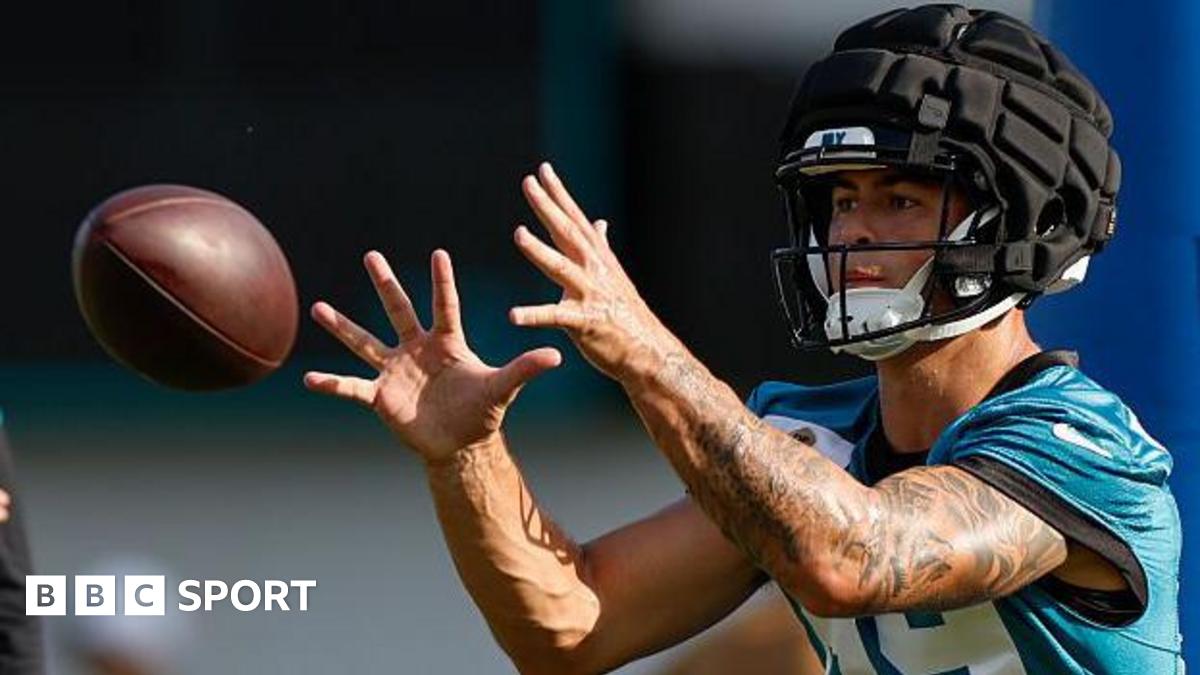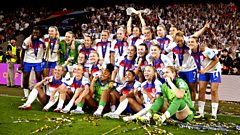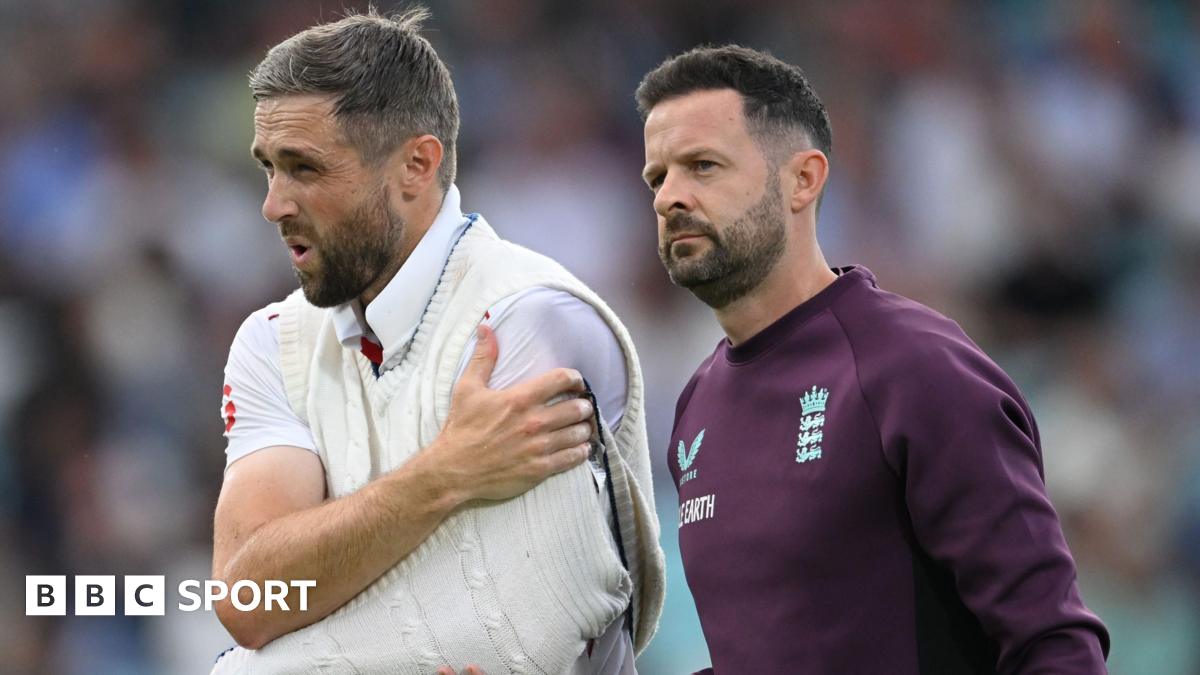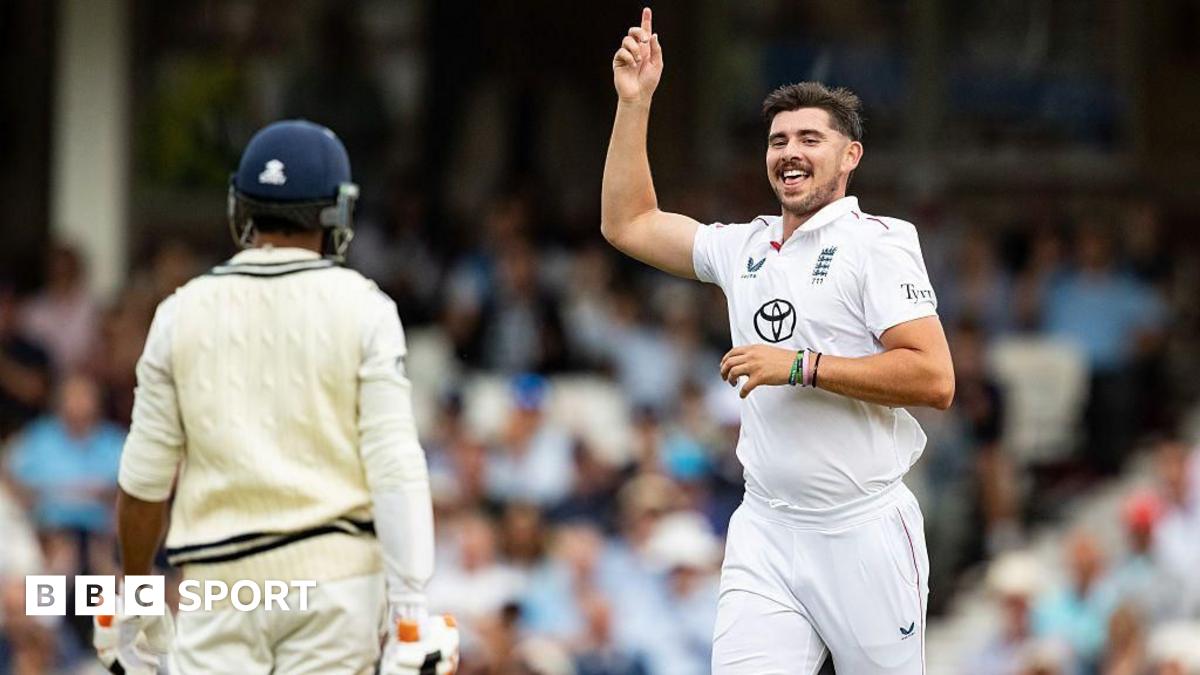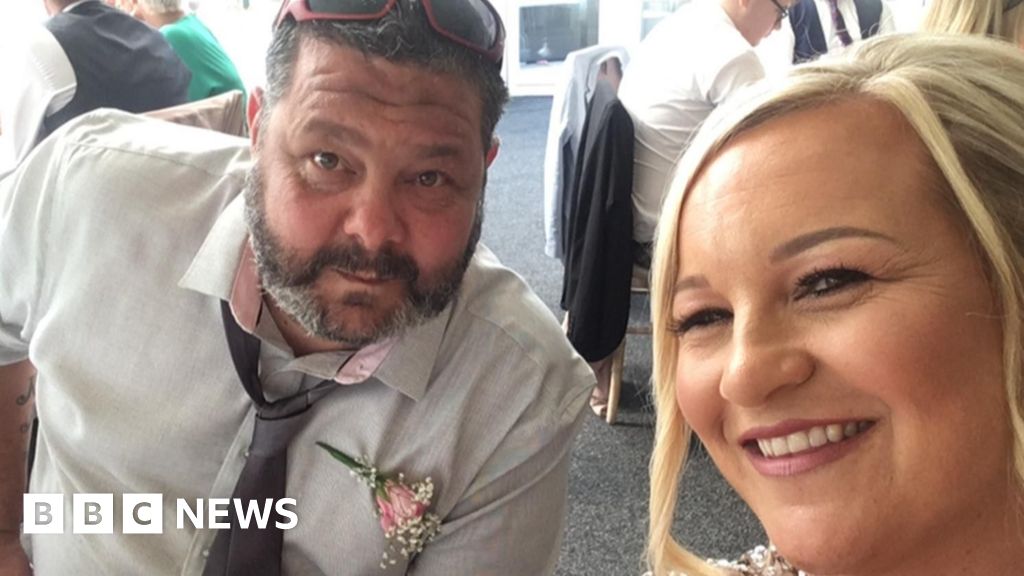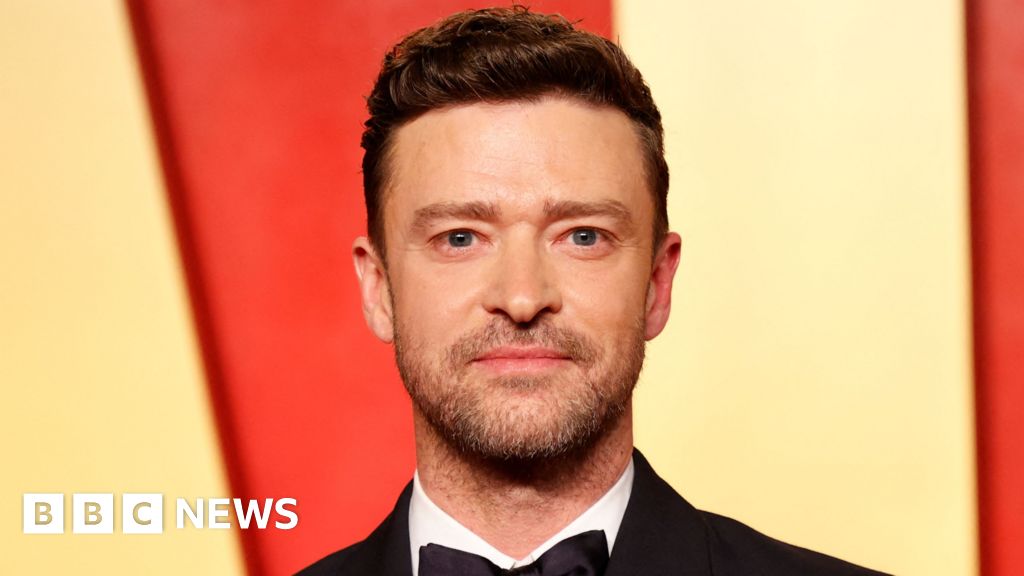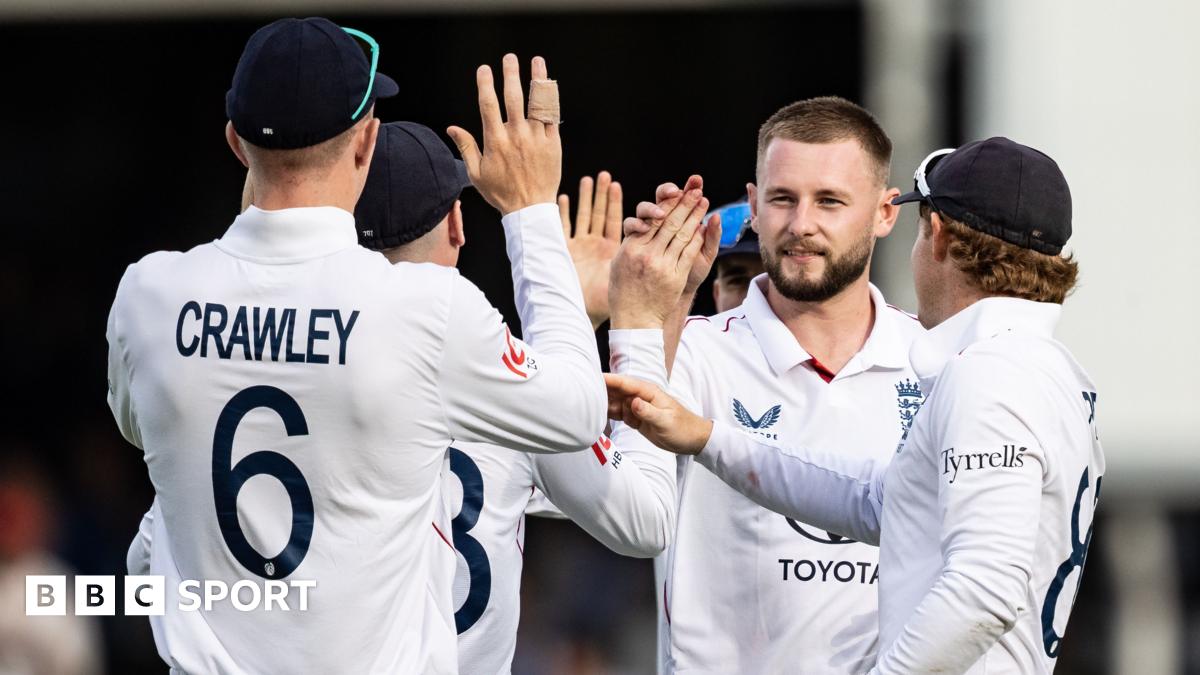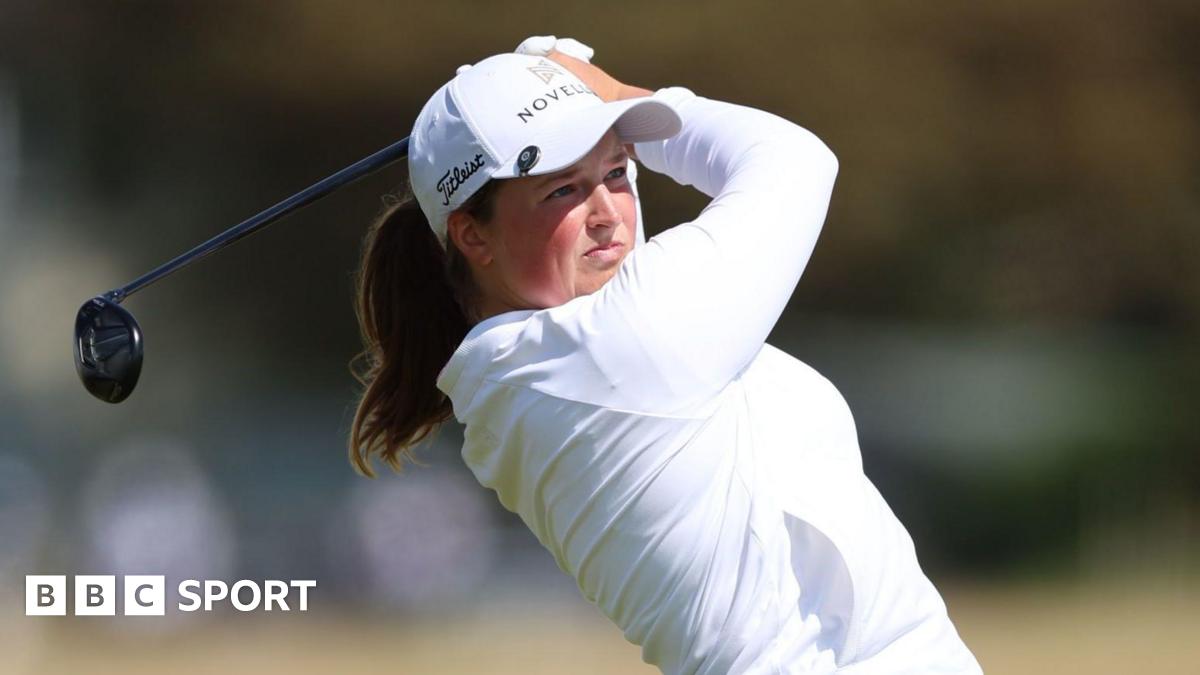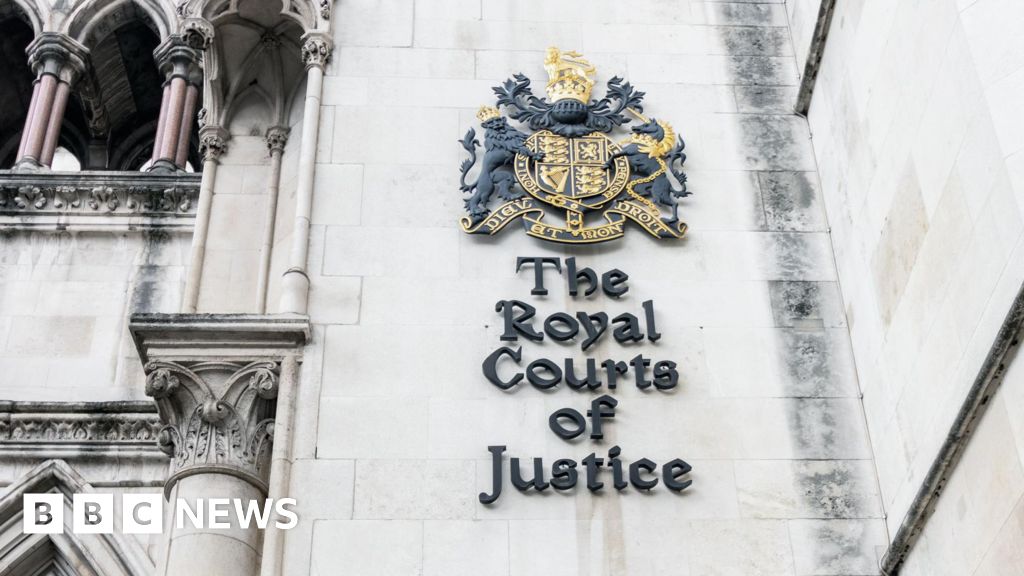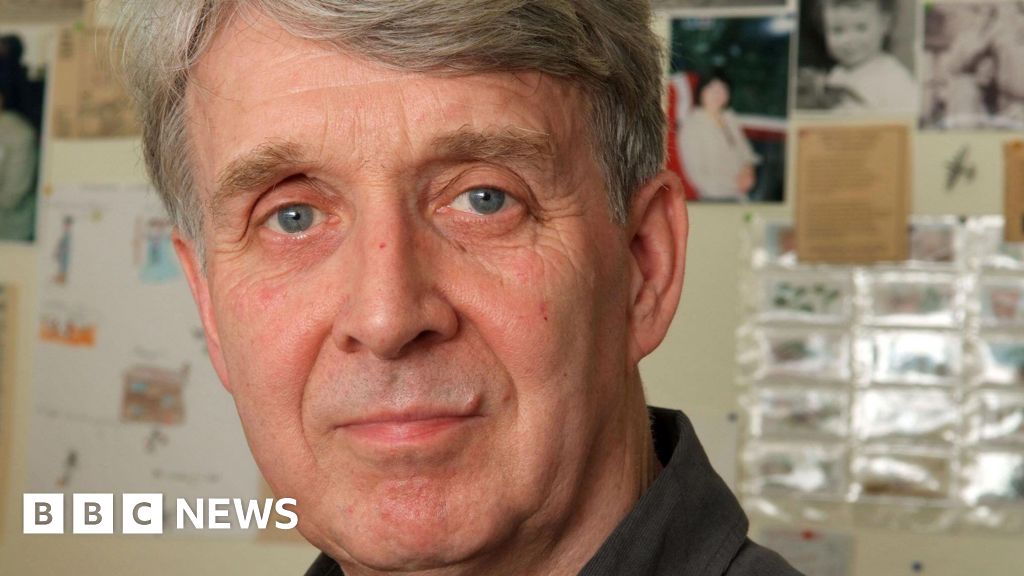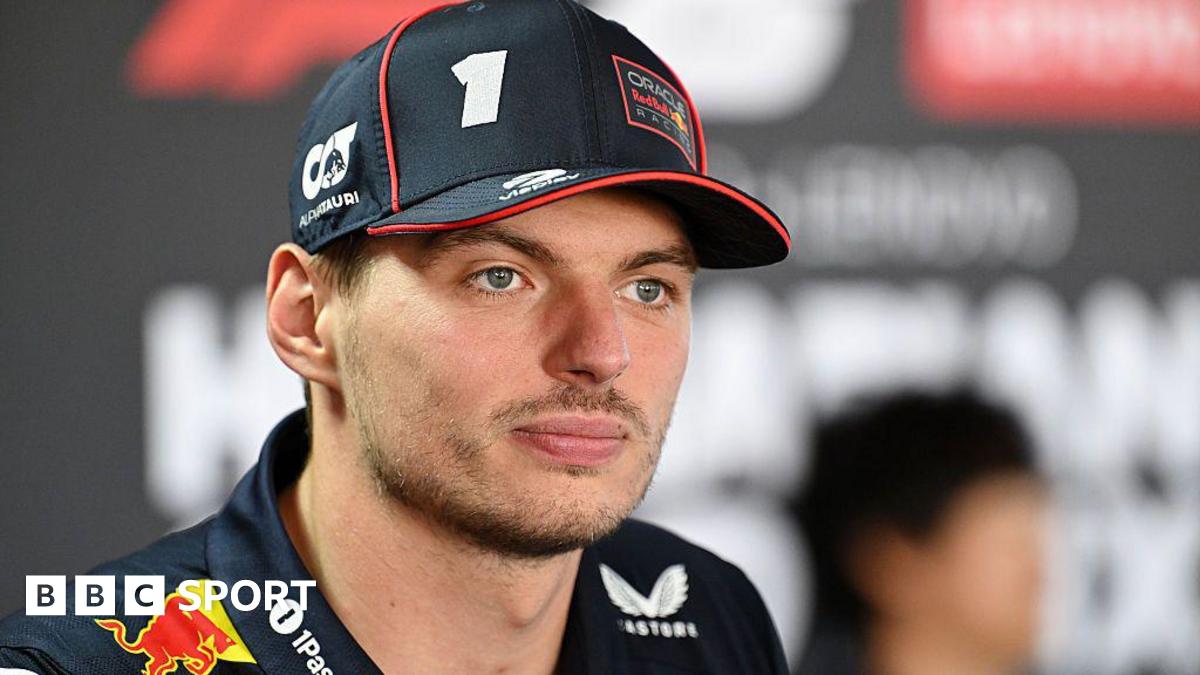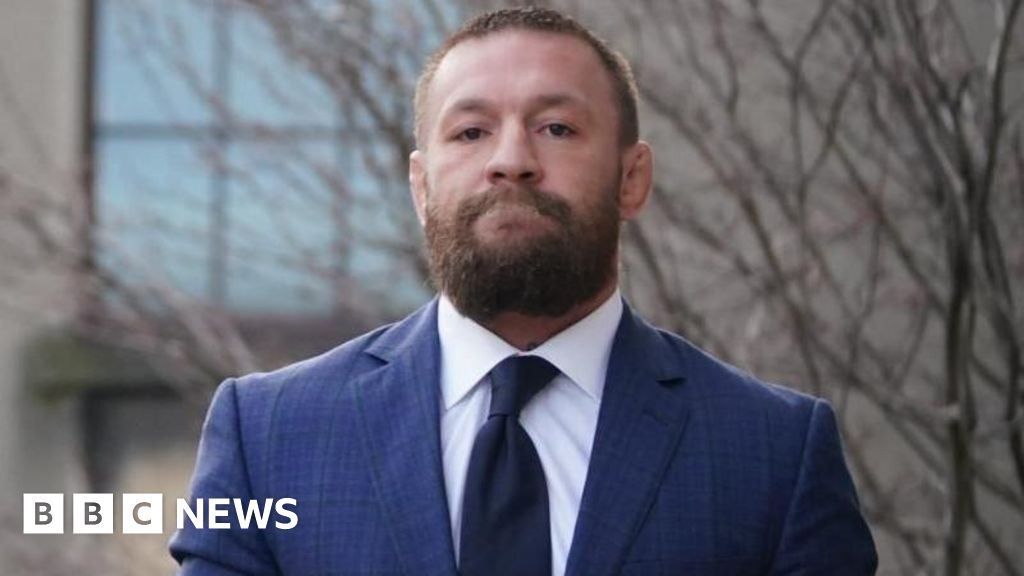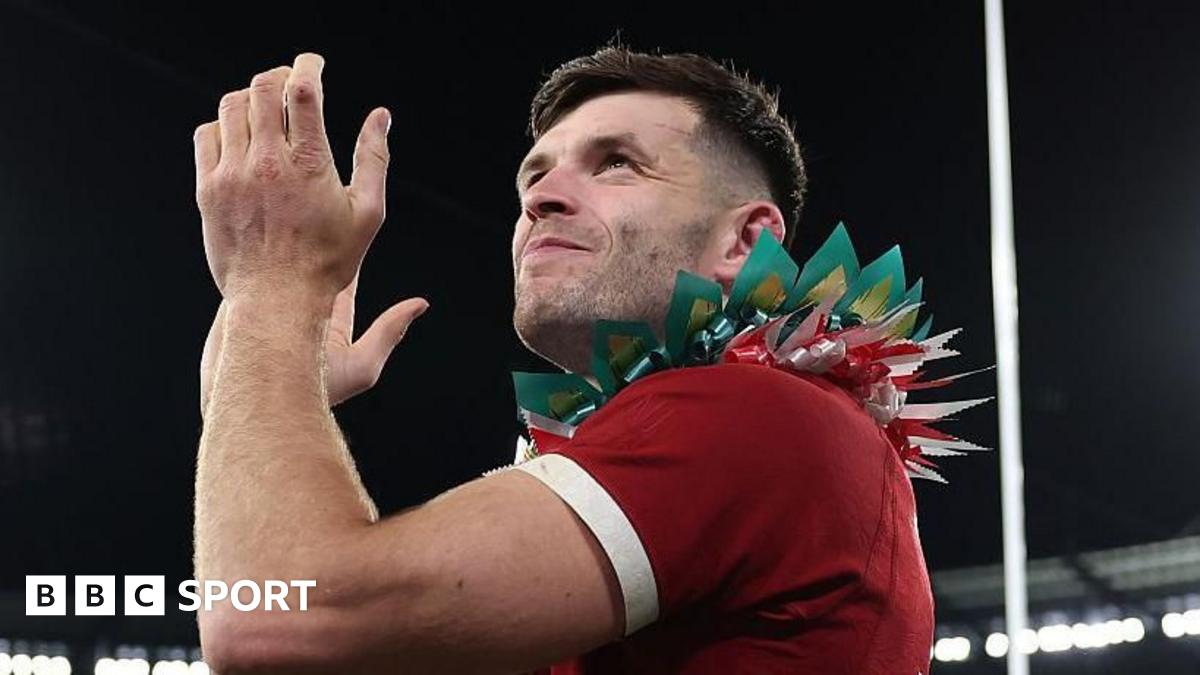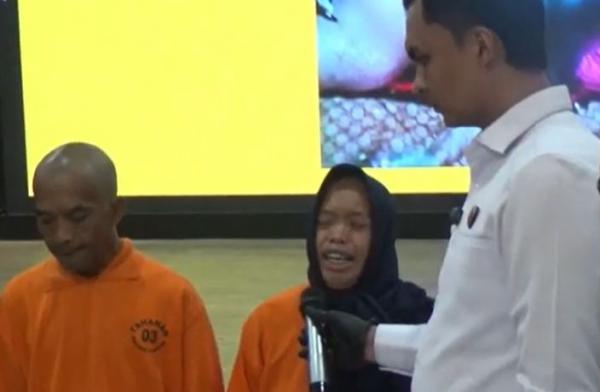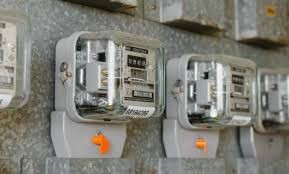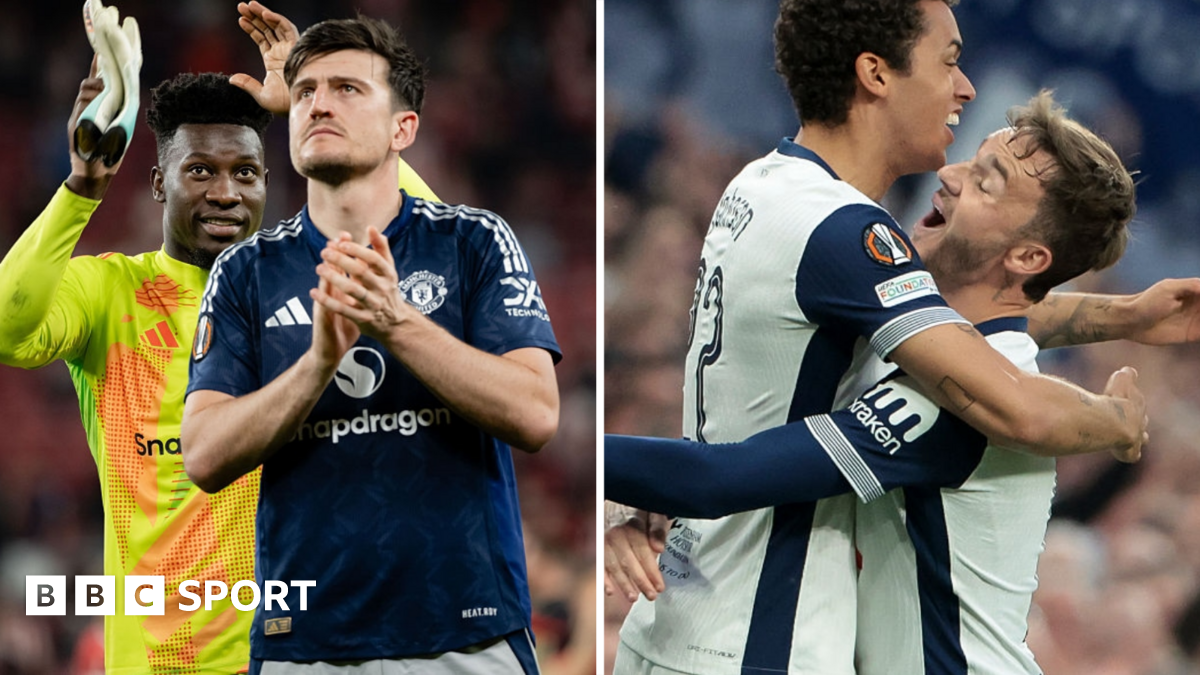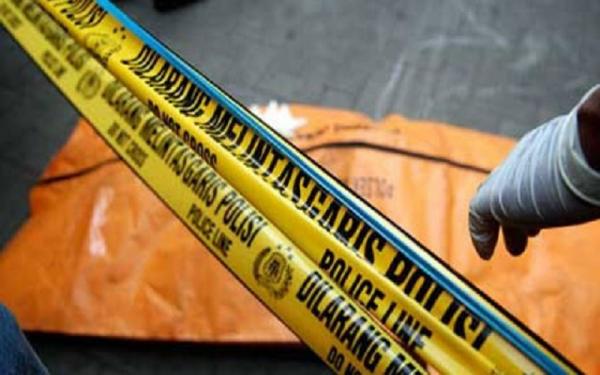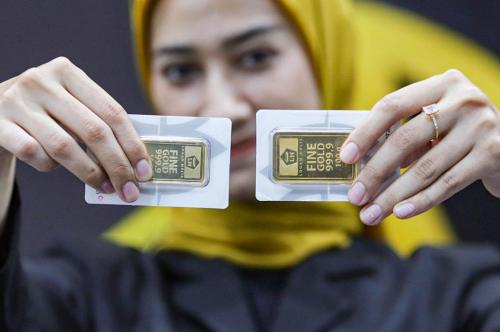For much of the 120 minutes at Hampden, there was precious little hint of the beautiful story to come, the heart-warming endgame to a Scottish Cup semi-final that wasn't always easy on the eye.
From a grind to a thing of glory for Aberdeen and their match-winner, Oday Dabbagh, a Palestinian, born in the Old City of Jerusalem.
We waited and waited for a story and, boy, did we get one.
Dabbagh came on to the pitch in the 81st minute when Aberdeen were mid-toil. Very little wit, very little imagination, very few signs that they had it in them to take advantage of their numerical superiority.
Hearts had been down to 10 men since just short of half-time. It took a dreary Aberdeen another 58 minutes to get their first shot on target. Moments later, they had a second.
Dabbagh, and fellow substitute Dante Polvara, were beginning to make a difference. The Palestinian forced a terrific save from Craig Gordon and slowly Aberdeen started to turn the screw.
Alexander Jensen had a chance, Jeppe Okkels had one of his own. Penalties loomed, but so did Dabbagh.
When he tucked away the goal that sent Aberdeen to the final - just two minutes short of penalties - he wheeled away to be with his supporters. On full-time, his team-mates went to him, one by one.
Later, amid the bedlam, he spoke about it all.
"It's a really incredible feeling, I can't explain," he said. "I'm happy to score the winning goal, I'm happy to be in the final. Thank you to the fans.
"I want to thank the staff and my team-mates for believing in me. They said I would finally get the goal and I did."
This was Dabbagh's 10th game for Aberdeen since he joined on loan from Charleroi at the turn of the year.
A 90th-minute winner against Kilmarnock, a double against Queen's Park in the cup, and now this, a different stratosphere to the others.
It's a goal that will mean more to him and football people in his homeland than we'll possibly ever know.
His story is quite something. As a kid on the cobbles of Jerusalem, he idolised Robin van Persie. At the age of 16 he was playing for, and excelling with, Hilal al-Quds in the West Bank Premier League.
He won league titles there. In 2018-19 he was the competition's top scorer.
At 19, he played for his national team. A teenager, yes, but one who had already seen a lot - too much.
Matches delayed while teams were held at checkpoints. Tear-gassing of stadiums. Players who lost homes in bombings. An international team-mate, Sameh Maraaba, spending eight months in an Israeli jail. Administrative detention, it was termed.
Dabbagh's reputation grew and he moved to Kuwait, broke a collarbone, got Covid and still won trophies and a golden boot.
When winning a league title, he dedicated it to home: "To my country, Palestine, which is hard to break. For my people who refuse to succumb to humiliation, who do not know the meaning of surrender or defeat."
In August 2021, at the age of 22, Dabbagh was signed by Arouca in the Portuguese top flight. He made his debut off the bench against Porto and Pepe was his marker.
Arouca lost 3-0, but the significance didn't come with the result, it came with Dabbagh's appearance - the first homegrown product of Palestinian football to reach one of Europe's big leagues.
Just as he spoke about his happiness at Hampden, he spoke then about his pride in reaching such a level "not just for me but for all Palestinians. I hope I can be an ambassador for Palestinian players".
Palestinian football commentators and social historians remarked on what Dabbagh had done in Portugal, how football was tied up in the psyche of the Palestinian people and how Dabbagh, the new pioneer in foreign fields, embodied that spirit.
In the summer of 2023, he moved to Charleroi in Belgium, played Asian Cup for his country and had a crack at the World Cup qualifiers.
But game-time for his club grew limited. When Aberdeen were looking for a loan striker, their research threw up his name - a player who had lost his way a little, but one who had still plenty to give in the right environment.
And the environment was never more right than at Hampden in the 118th minute of a tight scrap that seemed destined to end in penalties until Dabbagh did his thing.
Aberdeen are now in the final having faced Elgin (third in League Two at the time); Dunfermline (who were eighth in the Championship); and Queen's Park (fifth in the same second tier).
That was a charmed path to Hampden and the breaks continued for Aberdeen when Hearts went down to 10 and then nine men, unjustly in the case of Cammy Devlin, many would say.
Still, Jimmy Thelin's side needed a hero and, for all their possession and all of their territory, it didn't look like they had one in their ranks - until Dabbagh pounced.
In that moment of triumph the roars of the fans won't just have carried all the way home to Aberdeen. Around 3,000 miles away, passionate football people might have been listening and cheering, too.
.png)
 3 months ago
40
3 months ago
40
